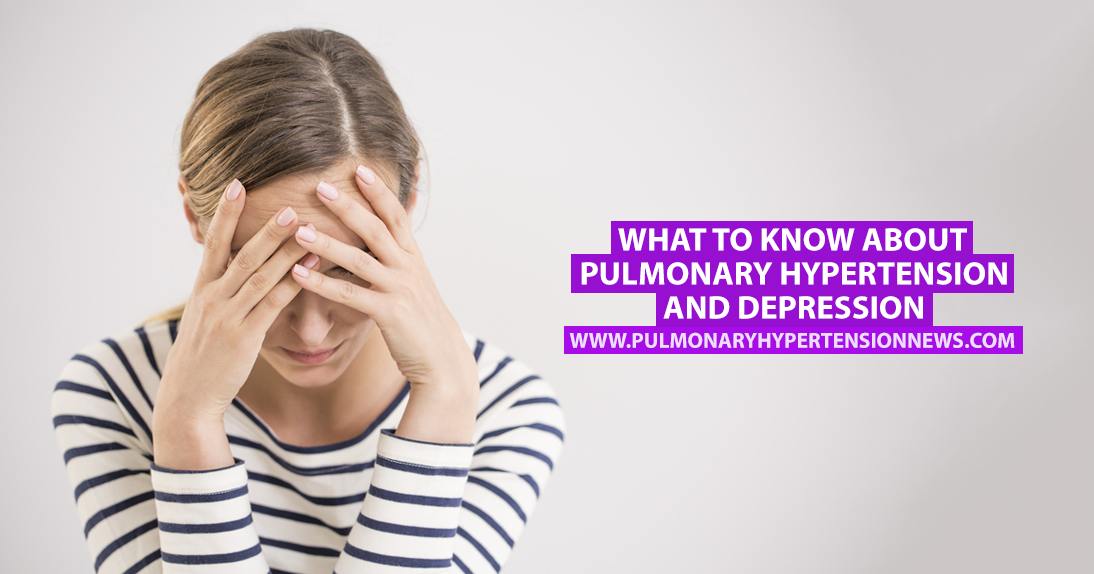What to Know About Pulmonary Hypertension and Depression

According to the Pulmonary Hypertension Association, depression can happen to anyone, in fact, health care professionals believe that we will all experience depression at some point in our lives. However, living with pulmonary hypertension can introduce factors into our daily lives that put patients at a higher risk of developing depression.
MORE: How to treat depression when you have pulmonary hypertension
People are often quite hesitant to talk about depression, and despite it being common, it can be difficult to diagnose. Here are some of the most common symptoms of depression:
- Feeling sad or numb
- Loss of interest in activities and hobbies
- Significant changes in weight or appetite. This can be a loss or gain — some people turn to food when they are feeling sad while others lose all interest.
- Changes in sleeping patterns. Some people feel the need to sleep more when they are depressed whereas others can suffer from insomnia or restless sleep.
- Feeling worthless or excessively guilty
- Loss of concentration
- Feeling alone
- Inability to relax
- Recurrent thoughts of death
Who can develop depression?
Anyone can suffer from depression. There is no certainty surrounding its causes, but it’s believed that it’s a mixture of our DNA and our environment. While our environment plays a key role in the likelihood of us becoming depressed, our susceptibility to depression is genetic.
The challenges in daily life and the symptoms associated with PH can make PH patients more susceptible to developing depression. Guilt is a common symptom of depression in PH patients, as they start to feel guilty that they can no longer do as much as they used to, or because they become more financially, physically and emotionally dependent on friends and family. Unresolved feelings of guilt can be a trigger for depression.
Fear can also be a factor. Concentrating on the worst possible outcome can cause patients to become very depressed in relation to their future. Diagnosis can be very scary and make a patient feel like their life is spinning out of control. While all of these feelings are normal, the key to treating depression is recognizing the signs and seeking help.
MORE: How climate influences pulmonary hypertension symptoms
Pulmonary Hypertension News is strictly a news and information website about the disease. It does not provide medical advice, diagnosis or treatment. This content is not intended to be a substitute for professional medical advice, diagnosis, or treatment. Always seek the advice of your physician or another qualified health provider with any questions you may have regarding a medical condition. Never disregard professional medical advice or delay in seeking it because of something you have read on this website.







